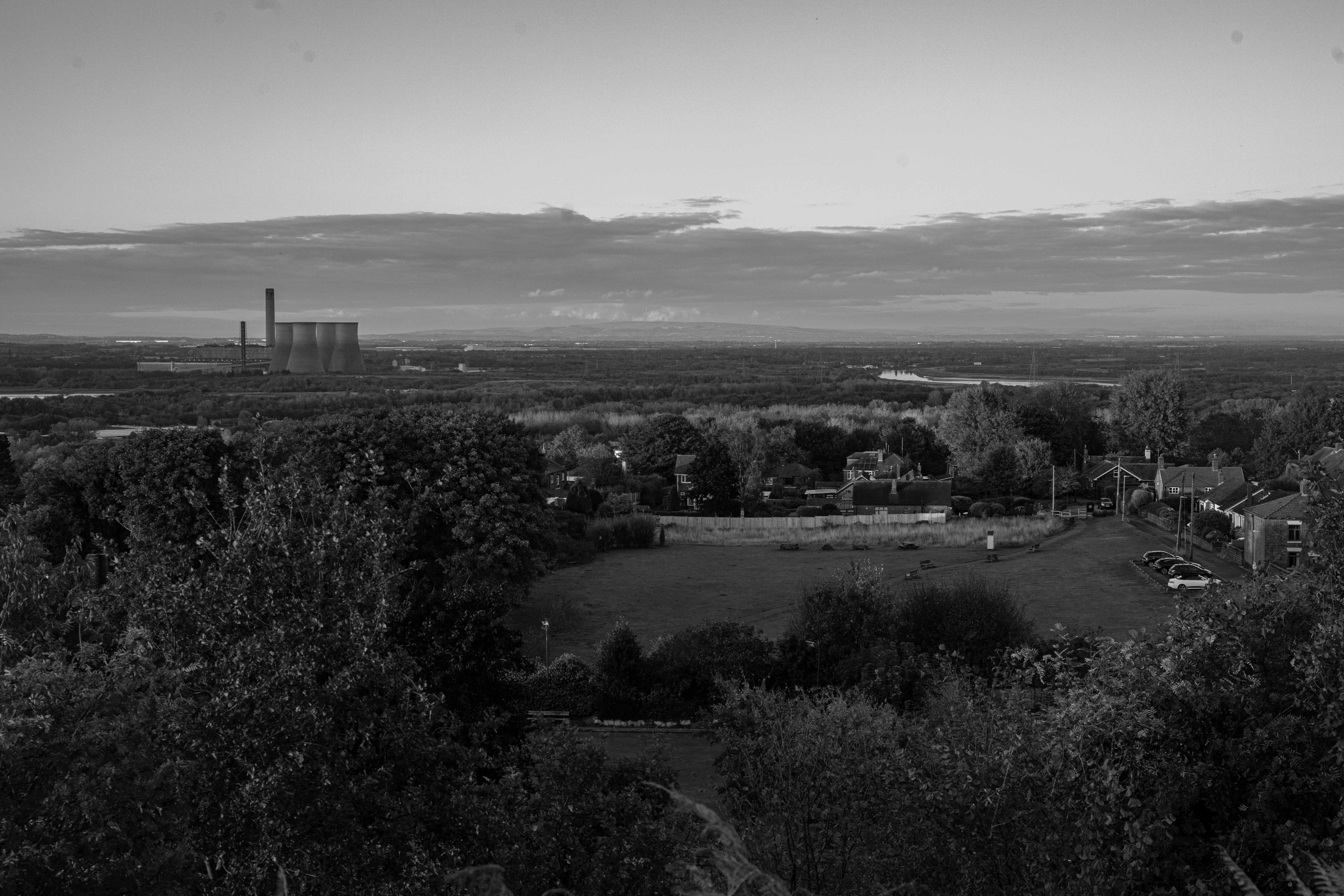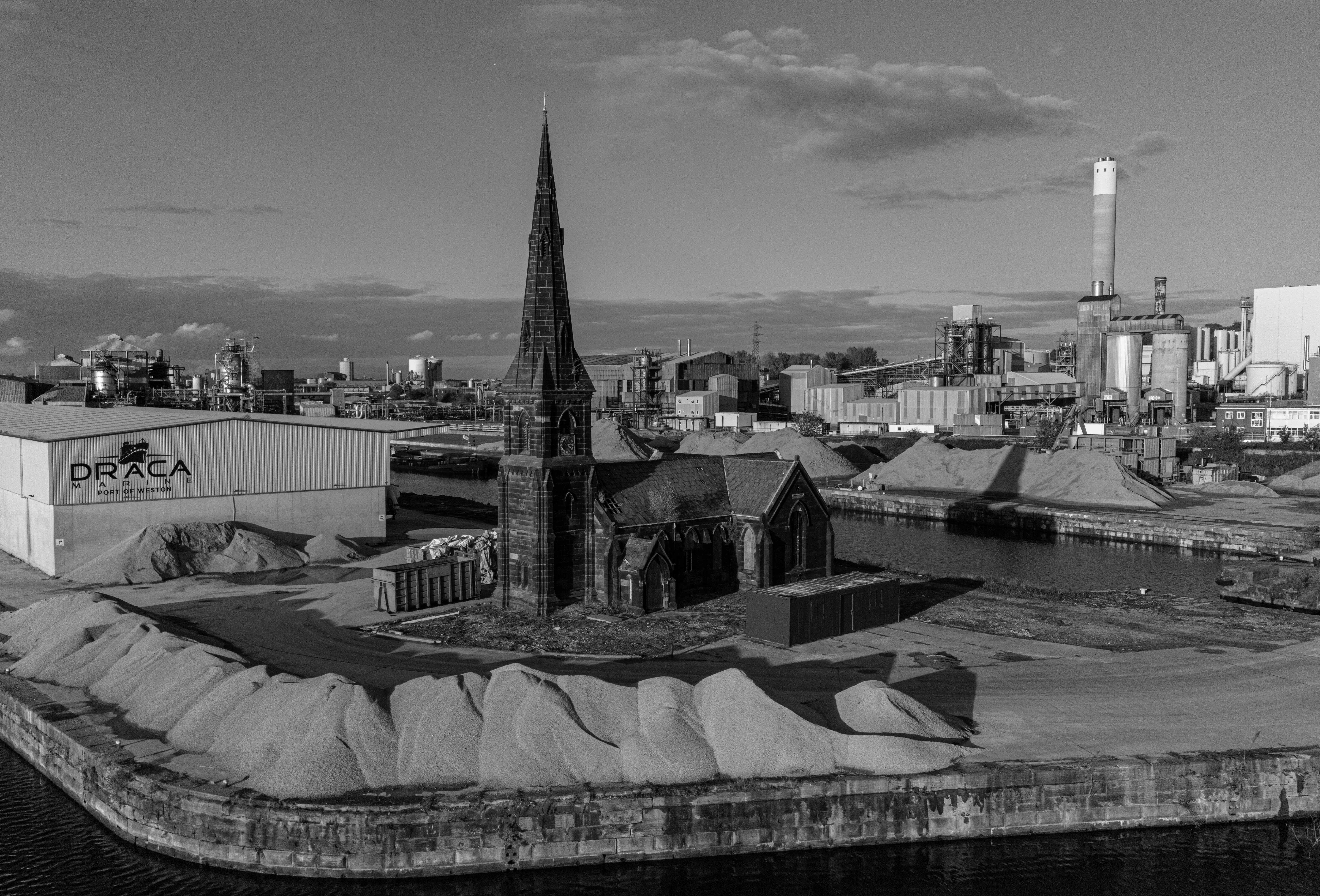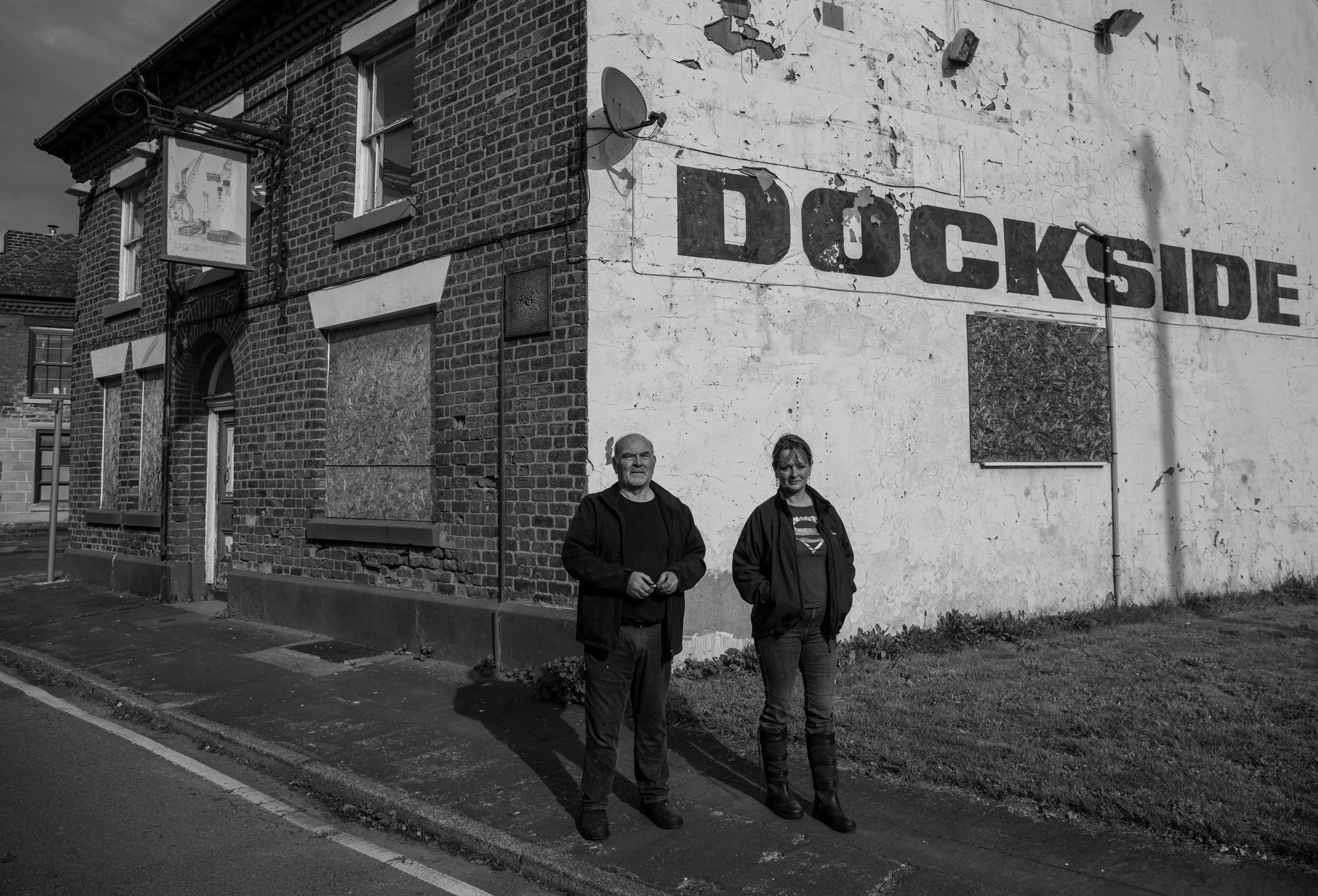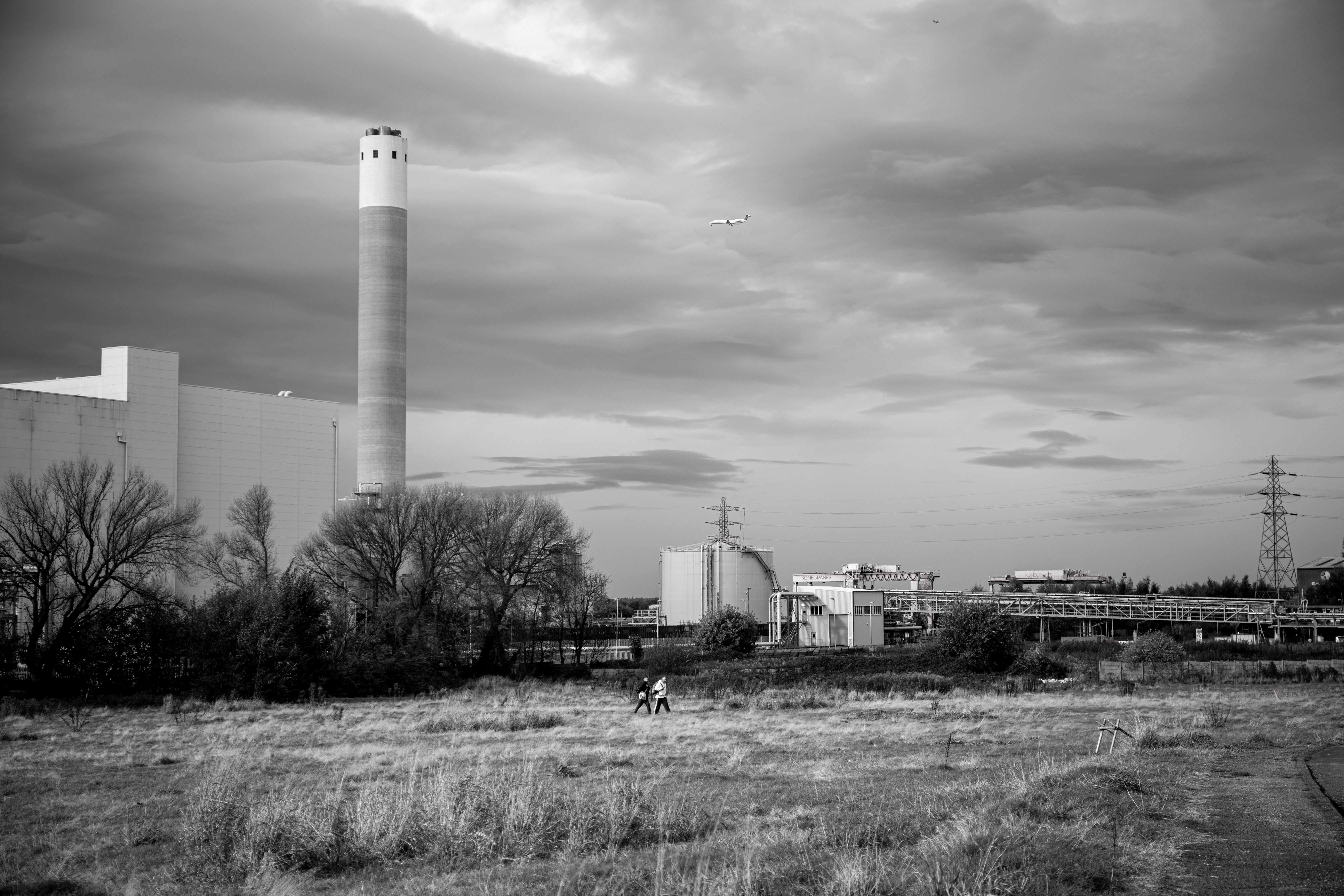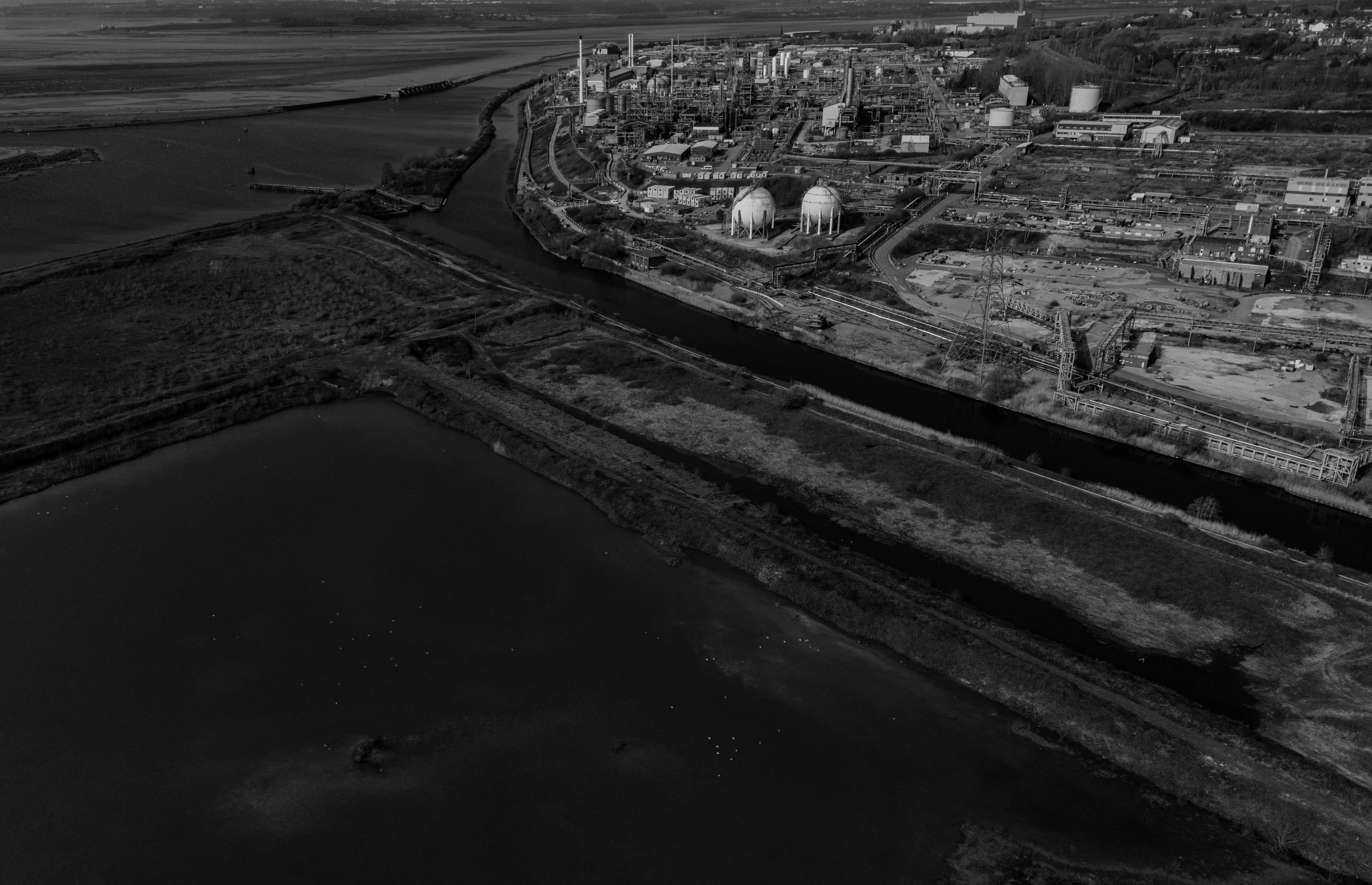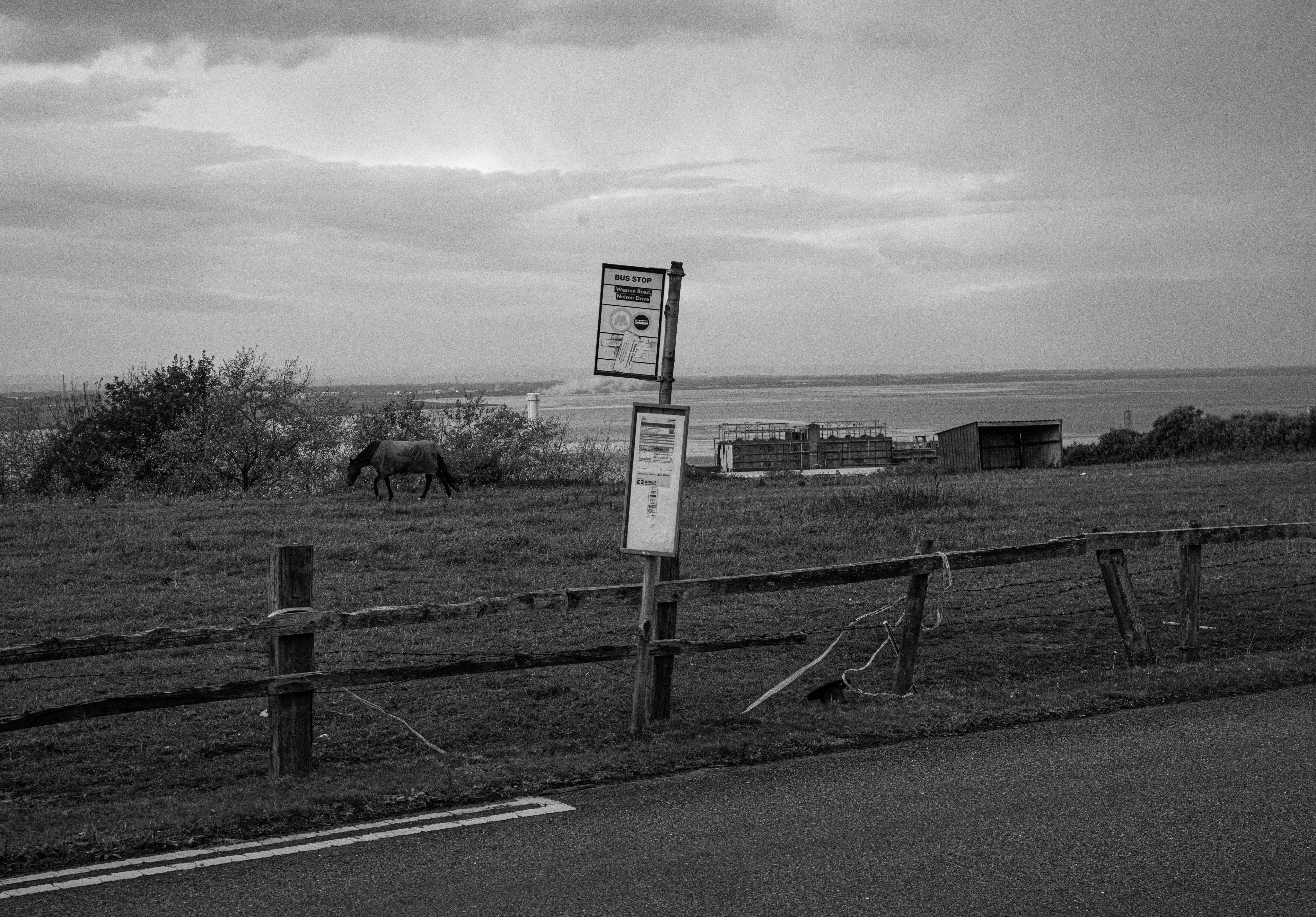Pollution in Runcorn (ongoing process)
A BBC investigation unearthed more than half of all household waste in England is now being burned in energy-from-waste (EfW) incinerators, rather than being recycled or sent to landfill. Incineration is often promoted as a greener alternative to landfill but evidence suggests serious environmental and public health concerns. These large-scale facilities emit harmful pollutants, including nitrogen oxides, particulate matter, and substances linked to respiratory illnesses, heart disease, and cancer. Although modern incinerators are fitted with filters, not all emissions are captured, and the long-term effects of low-level exposure remain poorly understood.
Working-class communities living near these incinerators, bear the brunt of the environmental impact. In towns like Runcorn, residents have raised concerns about poor air quality, odour, and health issues since the arrival of the large waste-burning facility. At the same time, the increase in incineration is undermining recycling efforts, locking councils into long-term contracts that require a continuous flow of waste. Critics argue this shift prioritises energy generation over sustainability and comes at a cost to both people and the planet. This project will illustrate ‘environmental classism’ in the UK and beyond for the purposes of understanding how to end it. ‘Environmental classism’ refers to policies or practices that impact less favourably on working-class individuals and groups with respect to the quality of their living, working and leisure environments.” Bell, K. (2020). Working-Class Environmentalism: An Agenda for a Just and Fair Transition to Sustainability.
Inspired by Chris Killip’s black and white social-documentary series Seacoal (1982-4) and Skinningrove (1982-4) this new body of work will aim to highlight the intersection of class, environment, and ecology, encouraging wider public dialogue around environmental justice and regeneration in post-industrial towns and contextualise the communities of Runcorn within the precarious post-industrial Britain and the rise of polluting practies.
Working-class communities living near these incinerators, bear the brunt of the environmental impact. In towns like Runcorn, residents have raised concerns about poor air quality, odour, and health issues since the arrival of the large waste-burning facility. At the same time, the increase in incineration is undermining recycling efforts, locking councils into long-term contracts that require a continuous flow of waste. Critics argue this shift prioritises energy generation over sustainability and comes at a cost to both people and the planet. This project will illustrate ‘environmental classism’ in the UK and beyond for the purposes of understanding how to end it. ‘Environmental classism’ refers to policies or practices that impact less favourably on working-class individuals and groups with respect to the quality of their living, working and leisure environments.” Bell, K. (2020). Working-Class Environmentalism: An Agenda for a Just and Fair Transition to Sustainability.
Inspired by Chris Killip’s black and white social-documentary series Seacoal (1982-4) and Skinningrove (1982-4) this new body of work will aim to highlight the intersection of class, environment, and ecology, encouraging wider public dialogue around environmental justice and regeneration in post-industrial towns and contextualise the communities of Runcorn within the precarious post-industrial Britain and the rise of polluting practies.
